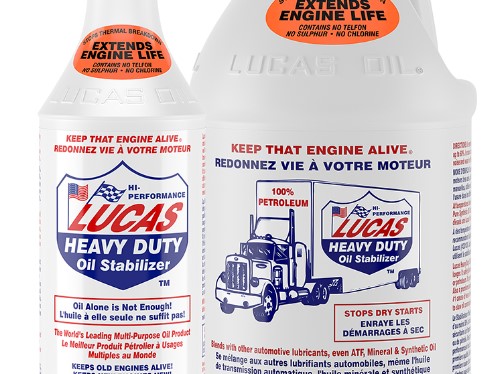Lucas Oil’s website claims their oil stabilizer works on all engines, but does not provide any scientific evidence to back up this statement. There is a collection of customer testimonials available on the manufacturer’s website which suggests people are willing to purchase the product based solely on the word of others.
It should be noted that no engine should ever come into contact with fuel containing more than 10% ethanol as it can lead to unauthorized additions under warranty. The full details about Lucas Oil Stabilizer and its potential issues must be examined before making a purchasing decision.
How Effective is Lucas Fuel Stabilizer?
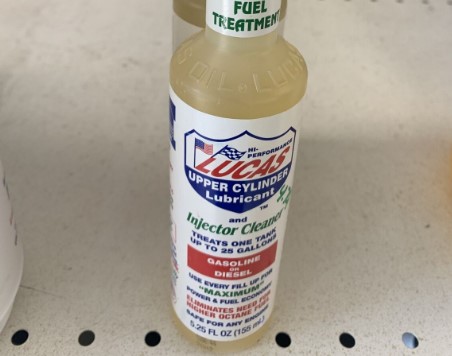
The Lucas Fuel Stabilizer Corporation has long been praised for its product, claiming it to be a high-quality fuel additive. However, customer reviews of the product have not always reflected these claims. Many customers report that after adding Lucas Fuel Stabilizer to their tanks, their fuel economy has decreased and some have experienced engine difficulties shortly afterwards.
Investigation into the composition of this additive reveals the reason behind such negative reports; due to its alcohol foundation, Lucas Fuel Stabilizer can cause more harm than good when added to a car’s tank. It is important for consumers to know potential risks associated with any type of fuel additive they may use in order to make an informed decision about which product best suits their needs.
What does Lucas Oil Stabilizer Do?
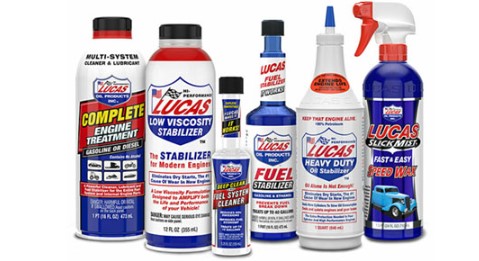
The firm makes a lot of claims about their oil stabilizer’s effectiveness, but many people are concerned that there is little to no proof behind these claims. The oil stabilizer can be used in lawnmowers, tractors and cars, as well as an expensive four-step hair washing/cleansing/BS product and men’s body wash which functions as a one-stop-shop for shampoo, conditioner, body wash etc.
However, it is important to consider how effective the oil stabilizer will be when used by individuals for various different purposes. It is not recommended to use the same weight or kind of oil in all gearboxes due to its diverse applications. As such it is vital that customers understand how the product works for them before making any purchases.
In order for customers to trust that this product lives up to its promises, they must have confidence in the evidence presented by the firm regarding its efficacy. It would also be beneficial if more information was provided on how best to use this oil stabilizer depending on individual requirements. This would go some way towards addressing customer concerns about lack of proof behind these claims and ensure they make an informed decision when purchasing this product.
How Does Lucas Oil Stabilizer Work?
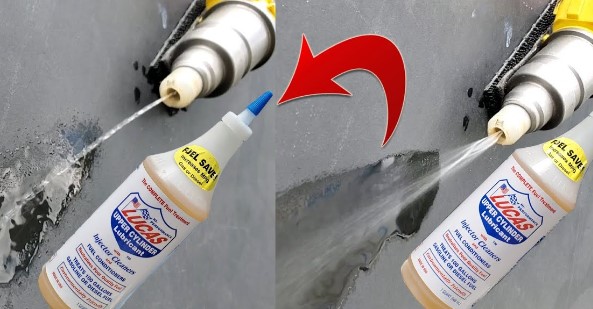
Research and development has revealed that certain products can be created to work with both synthetic and traditional oil to improve engine performance. The formulation of such a product must take into account the differences between synthetic and traditional oils, as well as their respective benefits.
Lucas Oil is one company that claims its oil stabilizer works with both types of oil. However, there is limited technical information available on Lucas Oil’s website which prevents further exploration into how their product differs from others or what advantages it may have over other products. This lack of detailed information hampers the ability for customers to make informed decisions about purchasing the product. Furthermore, the website design appears outdated in comparison to many current industry standards making it difficult for customers to easily find information they are looking for.
Lucas Oil Stabilizer Issues
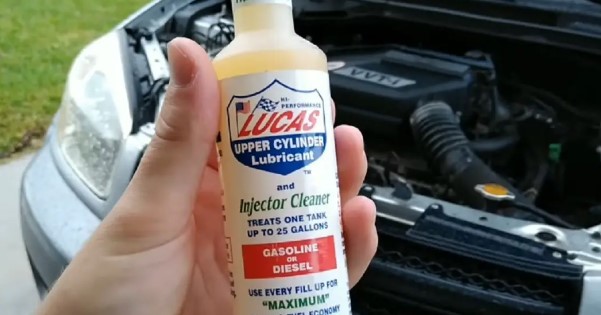
Due to a lack of large-scale testing, there are not enough data points for an accurate judgement about Lucas Oil Stabilizer. This has left many individuals split on whether it is snake oil or magical engine juice. There have been reports of people claiming benefits yet receiving no results, leading to the conclusion that the risks and benefits are minimal when understanding what we know from a scientific standpoint.
The following problems may be associated with Lucas Oil Stabilizer:
- Lower MPG
- Increased engine wear
- Harder cold starts
- More frequent oil changes
- Warranty invalidity
- Premature degradation of synthetic oil
- No car manufacturer approves of it
- No brand name oil manufacturer sells an oil stabilizer
Pros Of Lucas Oil Stabilizer
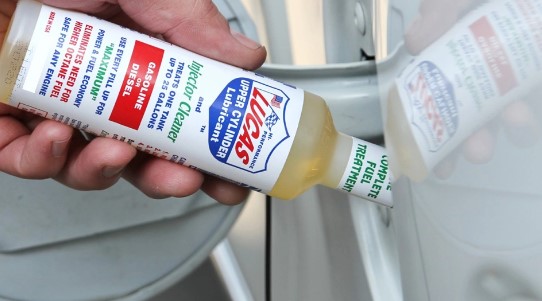
The Lucas Oil Stabilizer has many claims about its effectiveness, including increased oil life, reduced oil consumption and increased power, but unfortunately these claims cannot be verified due to a lack of research and effective testing. Although some people have reported better gas mileage and longer engine life after using the product, others have complained of sludge buildup in their engines or premature wear.
In contrast to the Lucas Oil Stabilizer’s lack of data on its effectiveness, Boeing thoroughly tests every part of its aircraft – from wing shape to jet positions – for thousands of hours in wind tunnels before releasing them into production. This rigorous testing ensures that they can draw conclusions based on genuine evidence about what works and what doesn’t work. Without this type of testing available for the Lucas Oil Optimizer there is no way to accurately evaluate how well it performs when compared with other products.
But there are also pros reported by some people. Typically these are:
- People who use the Lucas Oil Optimizer report varied results such as improved gas mileage and engine longevity while others complain about sludge build up
- Claims made by the Lucas Oil Optimizers include increasing oil life by 50%, reducing oil consumption, eliminating dry starts and raising oil pressure
- Higher MPG: By taking care of your car’s engine, you can often expect to see an increase in fuel economy over time. Regular maintenance helps to ensure that the engine is running as efficiently as possible, which means better gas mileage and fewer trips to the gas station.
- Longer Engine Life: Keeping up with routine maintenance is essential for keeping your vehicle’s engine running smoothly and reliably for longer than it would otherwise last without regular care. Regular oil changes, tune-ups, and other services help extend the life of your engine and get more miles out of it before a major repair or replacement is needed.
- Delay of Complete Engine Failure: When done regularly, preventive maintenance can often delay complete engine failure from occurring by catching small problems early on before they become serious issues that require expensive repairs or replacements down the road.
- Temporary Oil Leak Repair: Taking care of small leaks quickly can prevent them from becoming bigger ones later on down the line; this could potentially save you money if you are able to fix a temporary oil leak yourself rather than having a mechanic do it for you at a higher cost.
Without proper testing it is impossible to accurately assess how well the product performs.
In conclusion, Lucas Oil Stabilizer is a great product for those looking to improve their vehicle’s performance. With its ability to reduce wear and tear on the engine, it can help prolong the life of your vehicle. Additionally, its friction reducing properties can help increase fuel economy and overall power output. Though there have been some issues reported with Lucas Oil products in certain cases, these are generally isolated incidents and do not reflect upon all users of this oil additive. In general, customers report satisfaction with their purchase as well as improved performance from using it in their vehicles.
But, Lucas Oil Stabilizer has a number of issues that make it difficult to recommend as an oil additive. It can significantly reduce engine wear and extend the life of engines, but its thickening properties can also cause problems such as poor fuel economy and fouled spark plugs. Additionally, some owners have reported increased noise from their vehicles after using the product. Ultimately, it is up to each individual user whether or not they want to use Lucas Oil Stabilizer in their vehicle.

